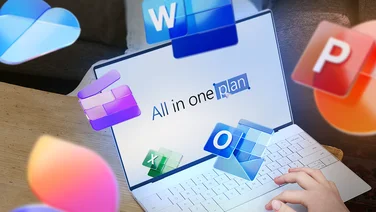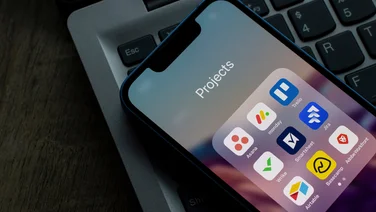To help us provide you with free impartial advice, we may earn a commission if you buy through links on our site. Learn more

Microsoft will stop producing its own maps after striking a deal with the internet taxi business, Uber. The arrangement sees Microsoft transfer its mapping technology and 100 of its staff to the taxi firm.
The software giant had been trying to compete with Google with its own Bing maps service, which was built into Windows 8 and the Windows Phone operating system. Microsoft CEO Satya Nadella warned last week that the company would soon be making some “tough decisions” about which technology it still needs for the future, and it seems mapping was on the ‘dropped’ list.
Microsoft says it still intends to offer Maps apps on Windows, but will partner with others for the data. Microsoft already licences some mapping data and technology from Nokia.
“Over the past year, we have taken many actions to focus the company’s efforts around our core business strategy,” Microsoft said in a statement sent to Re/Code. “In keeping with these efforts, we will no longer collect mapping imagery ourselves, and instead will continue to partner with premium content and imagery providers for underlying data while concentrating our resources on the core user experience. With this decision, we will transfer many of our imagery acquisition operations to Uber.”
Mapping is obviously a more critical component of Uber’s business than Microsoft’s. Uber was rumoured to be interested in buying Nokia’s Here maps division, which could leave Microsoft even more reliant on the taxi firm.
It’s not clear whether the sale of the mapping team is the extent of Nadella’s “tough decisions” at Microsoft. There is speculation that Microsoft may decide to call it a day with Windows smartphones, after years of multi-billion investment has failed to give the company more than single-digit market share worldwide.
The mobile version of Windows 10 is lagging well behind the desktop release, with the new operating system now not expected to arrive on smartphones until late autumn. Early builds of Windows 10 on phones are reported to be buggy and unstable.






